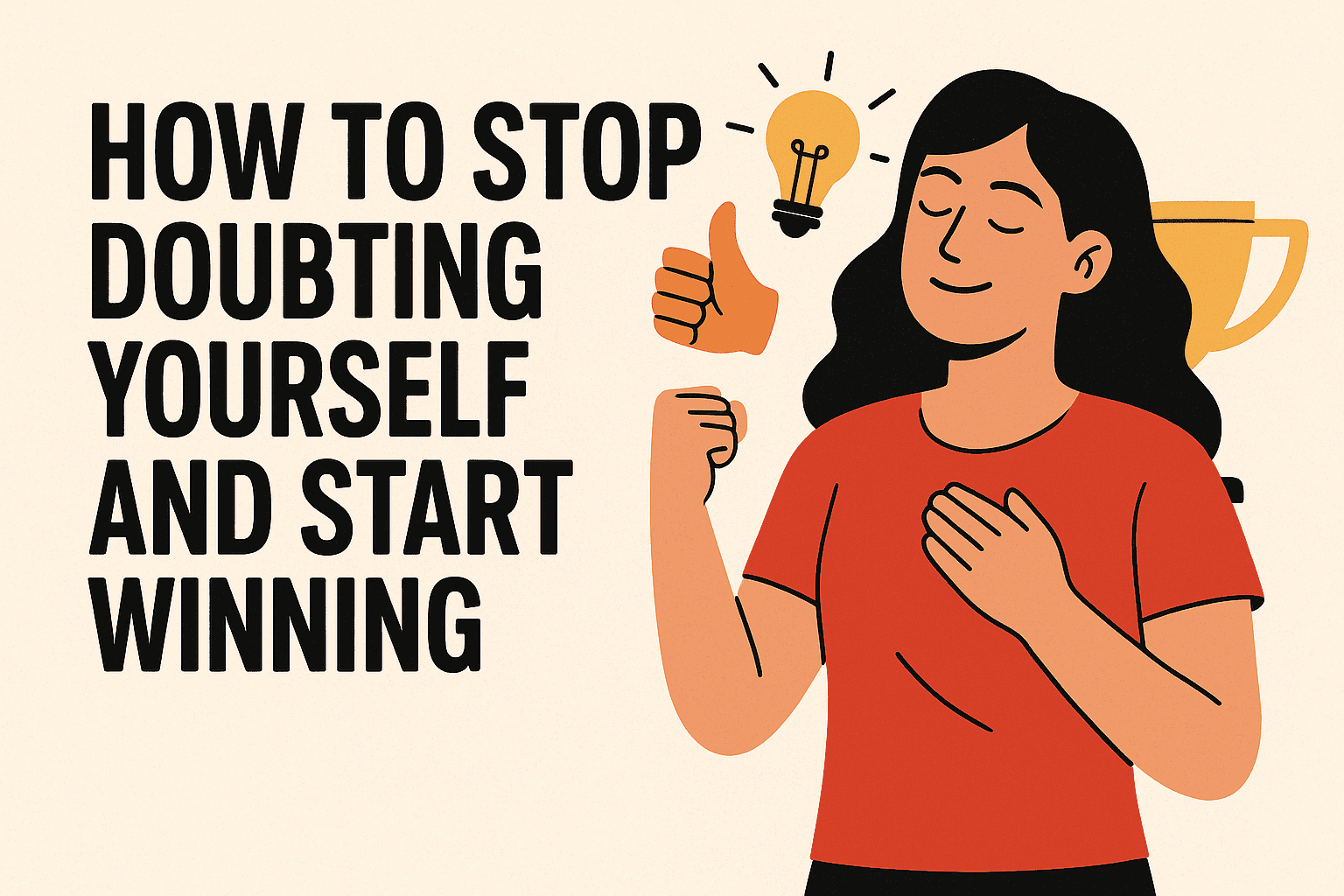The Shark Tank Test: More Than Just TV
Shark Tank is more than entertainment it’s a crash course in entrepreneurship. Founders walk into the Tank with ideas, but only those who combine vision, execution, and persuasion walk out with deals. With over 14 seasons, the show has revealed what separates a good idea from a fundable business.
According to Forbes, Shark Tank companies have generated over $8 billion in sales, proving that even a 10-minute pitch can spark massive growth. But what did successful founders actually do right?

They Solved Real Problems
The most investable businesses tackle real-world pain points. For example, Scrub Daddy pitched by Aaron Krause solved a simple but universal issue: a sponge that changes texture with water temperature. That small innovation turned into $400 million in lifetime sales.
Takeaway: Investors back solutions, not just products.

They Knew Their Numbers
The Sharks value ideas, but they invest in businesses. Founders who land deals demonstrate mastery of revenue, margins, and customer acquisition costs. When the Cup Board Pro pitch (by the late Keith Young’s children) showed both emotional resonance and solid margins, all five Sharks invested.
Takeaway: Passion matters, but financial literacy seals the deal.

They Told a Compelling Story
Successful founders use storytelling to connect emotionally. The Ring doorbell story is a prime example Jamie Siminoff framed it not as a gadget, but as a mission to make neighborhoods safer. Although he left the show without a deal, he later sold Ring to Amazon for $1 billion.
Takeaway: Stories sell vision; numbers sell execution.

They Showed Traction, Not Just Ideas
Sharks rarely fund untested concepts. They want proof sales, user growth, or partnerships that the business is already resonating. Companies like Bombas socks impressed not only with their product but with millions in sales before appearing on the show. Today, Bombas has surpassed $1 billion in revenue.
Takeaway: Traction reduces risk and validates demand.

They Understood Partnership Value
The smartest founders didn’t just want money they wanted a partner. Entrepreneurs who secured deals often sought out specific Sharks for their expertise. For example, Kodiak Cakes chose to partner with Barbara Corcoran, not just for funding but for her distribution and branding experience.
Takeaway: Investors buy into people as much as products.

Conclusion: From Pitch to Powerhouse
Shark Tank reminds us that great ideas aren’t enough on their own. The founders who succeed show investors that they have vision, traction, financial clarity, and the grit to execute. Whether you’re pitching on TV or to a venture capital firm, the formula remains the same: solve a real problem, know your numbers, tell a story, and prove your audience is ready.
The Tank is a stage, but the lesson is universal a good idea becomes a great business only when execution meets belief.
FAQs
1. What’s the most successful Shark Tank product ever?
Scrub Daddy leads in revenue, with over $400 million in lifetime sales.
2. Do all successful founders get a deal on the show?
No some, like Ring, didn’t land a deal but later thrived independently.
3. How important are financials in a Shark Tank pitch?
Critical. Sharks often walk away when founders don’t know their margins or valuations.
4. Can a great story outweigh weak sales?
Sometimes, but most investors require proof of traction before committing.
5. What’s the biggest mistake founders make on Shark Tank?
Overvaluing their company and failing to show understanding of business fundamentals.






